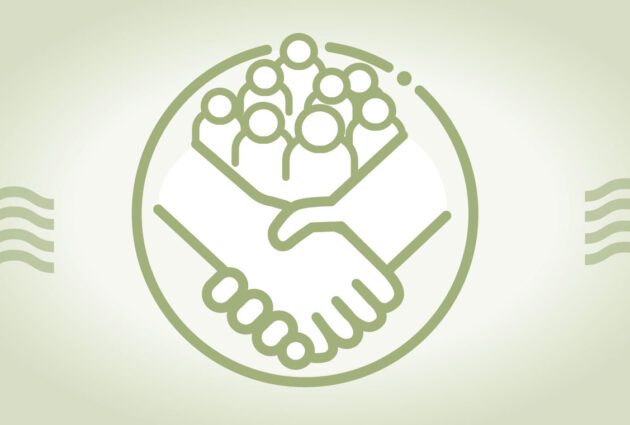Community Fellowship and Improve Thy Health (Com-FAITH) – Oh Happy Day Classes to Manage Depression
At a Glance
Despite similar prevalence of depression between white and African American individuals, African Americans seek mental health care at lower rates and often turn to religion and faith as a primary coping mechanism. As a result, there is a need for African American clergy to partner with mental health experts to develop programming that is faith-based and culturally adapted. The overarching goal of this project was to partner with African American faith-based leaders to deliver a depression management program called Community Fellowship and Improve Thy Health (FAITH). Due to the COVID-19 pandemic and the inability to gather for in-person training, this project rapidly adapted its planned activities to focus on the immediate need to support pastors in the African American community. The project team developed and launched a survey to understand how African American pastors were coping as they supported their congregants and raised awareness of the implications of COVID-19 on mental health through several virtual presentations. Together, these efforts have helped congregants feel comfortable seeking help with depression and stress, and the African American community has begun talking more about the impact of depression and stress on individuals and families.
The Challenge
According to the World Health Organization, depression is the leading cause of disability around the world. While the prevalence of depression between white (5 percent) and African American (7.4 percent) individuals is similar, African Americans report more chronic disability associated with depression. Despite the burden of depression among African Americans, they seek mental health care at lower rates. Dr. Earlise Ward and her colleagues at the University of Wisconsin–Madison have found that some African American women do not believe depression is a medical condition; rather they believe it is a normal reaction to aging and difficult life situations. Due to the stigma surrounding mental illness and treatment-seeking, many African American women do not seek professional help and instead use faith and religion as a primary coping strategy. Because of this, there is a need for African American clergy and community agencies to partner with mental health experts in order to develop and deliver programs that are culturally adapted with faith principles.
Project Goals
The overarching goal of this project was to partner with African American faith-based leaders to deliver a depression management program called Community Fellowship and Improve Thy Health (FAITH), a 12-week culturally adapted, spiritually focused, psycho-educational program designed to increase knowledge of depression, increase healthy coping behaviors and reduce symptoms of depression and stress.
Results
Due to the COVID-19 pandemic and the inability to gather for in-person training, this project rapidly adapted its planned activities to focus on the immediate need to support pastors in the African American community. Under the direction of Dr. Ward, a Faith Based Community Advisory Board (FB-CAB) was established and an exploratory survey was launched to understand how African American pastors in Wisconsin are coping as they support members during the pandemic. The survey was sent via email to African American pastors in Wisconsin initially and was expanded to those in other states due to a limited number of responses. The results of this survey will be used to inform the development of an innovative, faith-based pastoral wellness support program.
In addition to conducting the survey, Dr. Ward and the FB-CAB have raised awareness of this project and the implications of COVID-19 on mental health through several virtual presentations at the National Baptist Convention, General Baptist State Convention of Wisconsin Inc. and Mount Zion Baptist Church in Madison. The FB-CAB also encouraged faith-based organizations to share public service announcements targeting mental health concerns with their congregations. Together, these efforts have helped congregants feel comfortable seeking help with depression and stress and the African American community has begun talking more about the impact of depression and stress on individuals and families.
